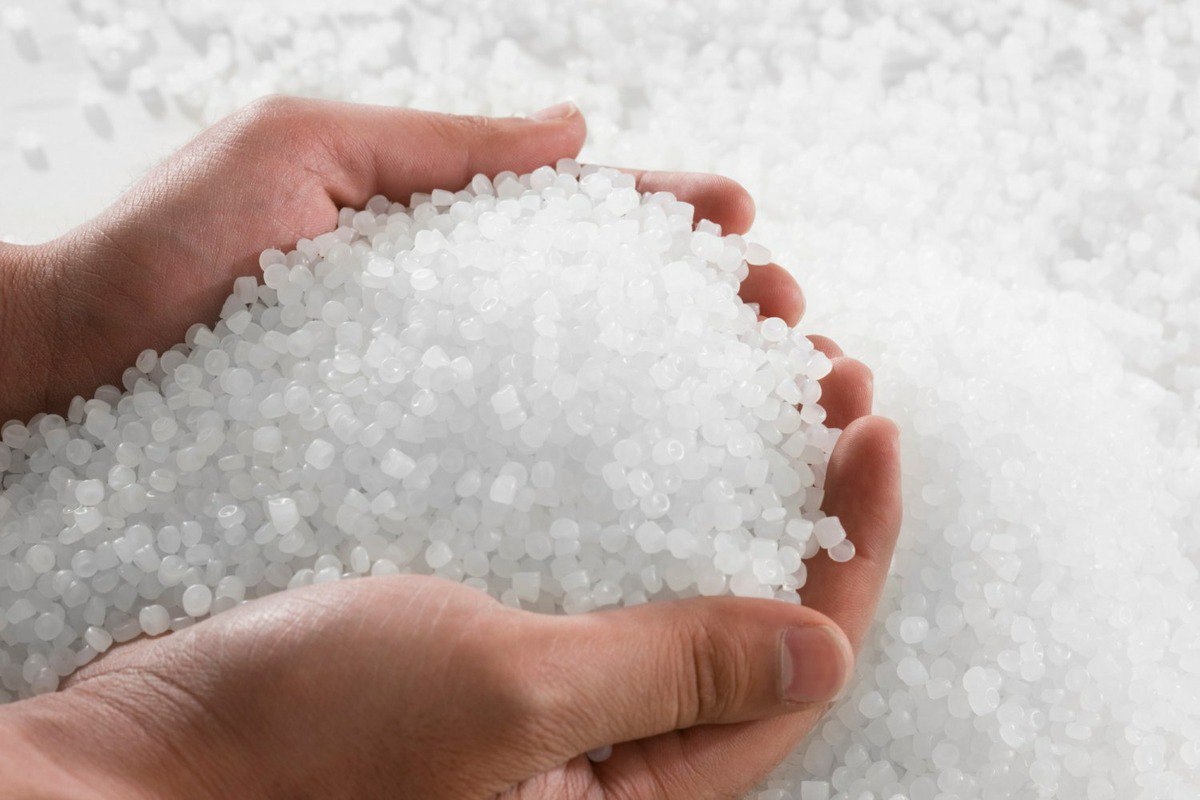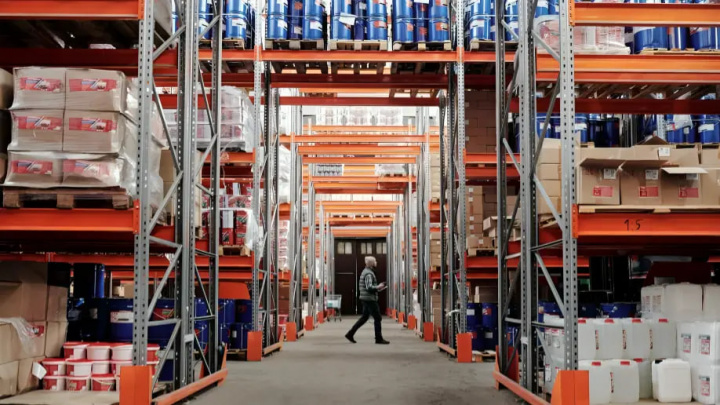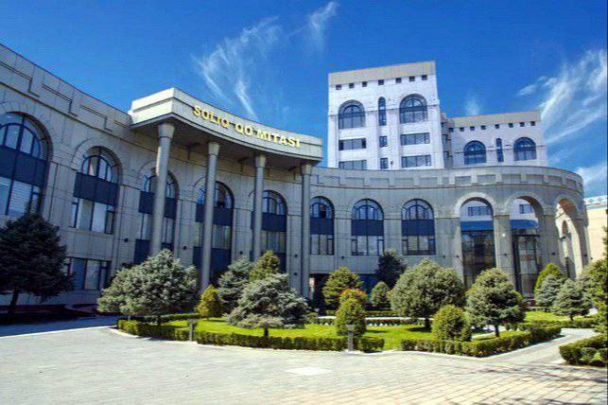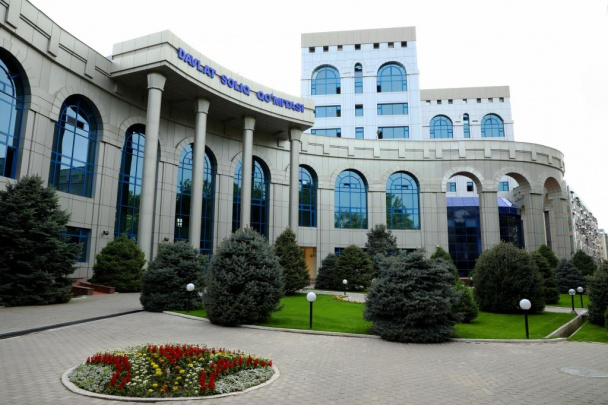Russia may cancel 20% duty on polyethylene from Uzbekistan
Industry enterprises refer to increased costs when supplying raw materials from third countries.

Photo: utk-ek.ru
Manufacturers of plastic products have appealed to the Russian government with a request to simplify the import of raw materials, Kommersant reports.
The Union of Plastic Processors sent a corresponding letter to Prime Minister Mikhail Mishustin. The organization proposes to cancel the 20% anti-dumping duty on the import of Uzbek polyethylene, introduced in 2022.
UPP Director General Pyotr Bazunov said that the duty leads to an increase in prices for other imported brands of polyethylene. The association noted an increase in costs due to the need to import some types of raw materials through third countries (“parallel imports”).
As representatives of the industry association noted, in Russia there is a shortage of certain brands of polyolefins, ABS plastics and engineering polymers. Imports of engineering plastics are estimated to be up to 1 million tons per year.
The UPP also proposed zeroing out import duties for polymer raw materials (currently 6.5%) and advance VAT on the import of equipment for plastics processing. The organization estimated the benefit to the Russian budget due to increased production at more than 100 billion rubles ($1.1 billion).
The head of Neft Research consulting, Alexander Kotov, supported the idea of exempting plastic processing machines from VAT. At the same time, he noted that it is advisable to zero duties only for raw materials used in the production of products with high added value.
Uzbekistan and partly Azerbaijan supply mainly brands produced within Russia, the expert added. Separately, Kotov referred to the investigation of the Eurasian Economic Commission, which recognized the prices of polyethylene from Uzbekistan as dumping.
Plastics processing in Russia is growing by 4-6% per year – noticeably faster than the world average, noted Rupec head Dmitry Semyagin. According to him, up to 30% of potential demand in the coming years can be covered through import substitution.
Related News

07:33 / 21.02.2026
How to get a 12% refund on university tuition

12:17 / 20.02.2026
Uzbekistan seeks to boost construction material exports to the Hungarian market

12:32 / 19.02.2026
Construction and manufacturing firms owe trillions in unpaid taxes – Tax Committee

20:11 / 17.02.2026



